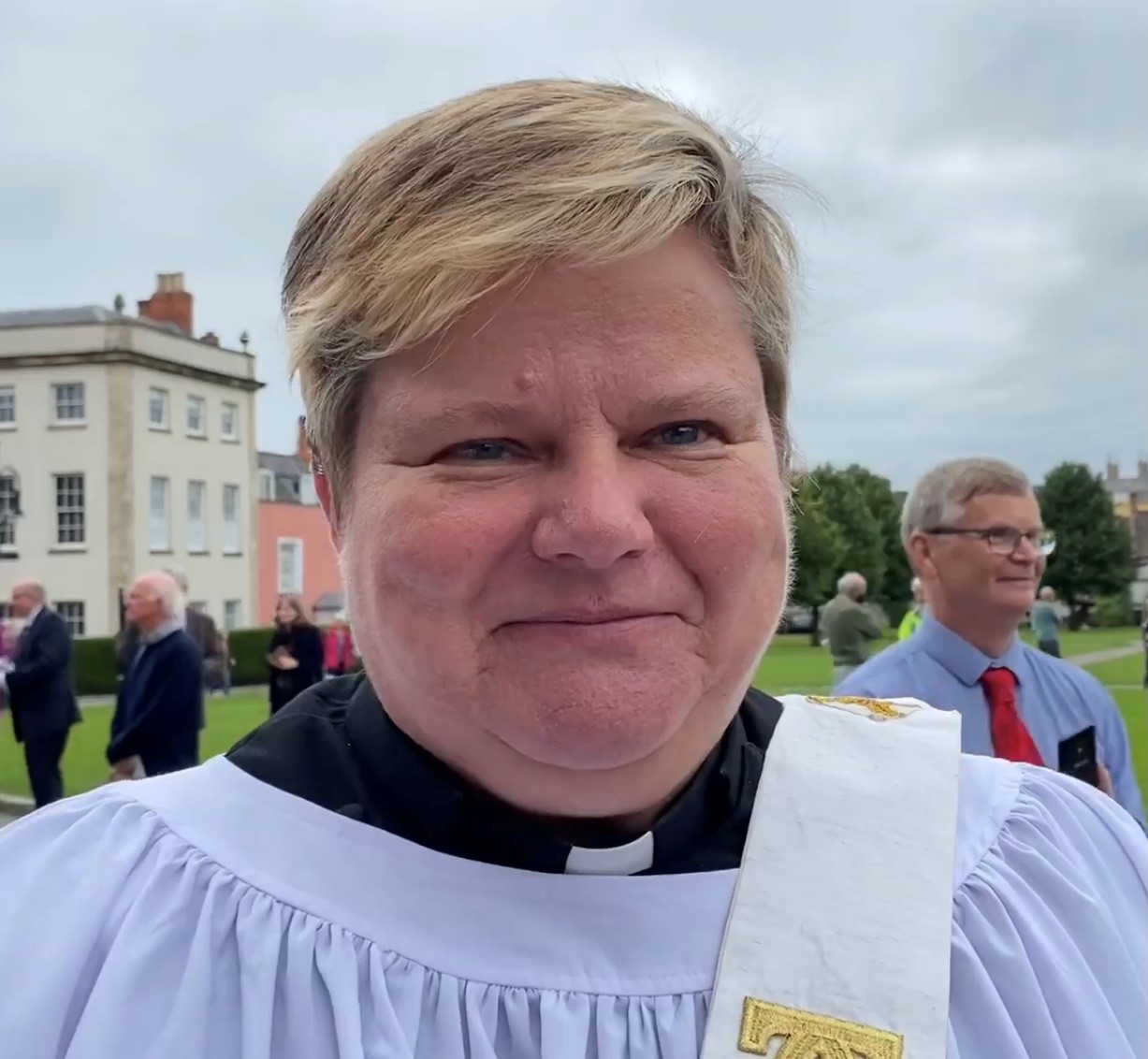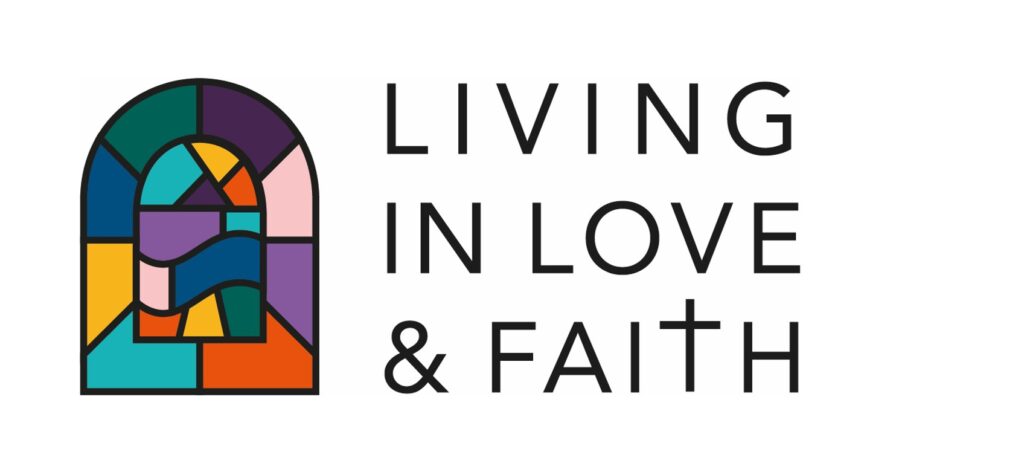Assistant Curate and Chaplain Ruth Motion shares her thoughts on the LLF course.
Who did you do the course with?
I did the course as a Lent group at St. Francis of Assisi Church in Bridgwater. We had about seven or eight of us doing it over Zoom, meeting once a week. It was led by Revd Catherine Carlyon, the vicar at St. Francis.
How did you find the course?
It was great, very challenging, but great. It really makes you think about yourself, your views and how you feel about others. It’s really well written and the short videos are very thought provoking. Sometimes it was really heart-breaking to find out how some had been treated by churches in the past. The most uncomfortable week for me was the one where we were discussing attitudes towards sex. It’s not a conversation I would ever have had with a churchwarden, a vicar and a group of people from church. After all it’s not something that you normally chat about over coffee after a service!
Was the course information clear?
The course information is very well set out and presented. Even if you were leading it without a facilitator, it is easy to navigate and there is a huge amount that you can choose from. The little booklets that each of us had meant that we could follow the Bible passage for the week and see the questions which we were discussing. The videos and personal stories were so moving. They really make you think.
The first session of the course is about setting out the idea of a safe space and making sure that everyone understands the nature of sharing and listening. The topics are ones which are going to be challenging, some more than others, so it’s important to respect each other’s points of view, even if you disagree with them.
Any advice for someone considering the course?
If anyone is nervous about doing the course I would say ‘don’t be’. Yes it makes you think, yes you will be talking about all sorts of things that you would never normally discuss in a church context, but it’s very well done and gives you lots of opportunities to think, to listen and to share if you are happy to. It is a really good way to get to know about people even if you think you already know them well. It’s not difficult and the course book has a really useful glossary which helped us on a number of occasions to understand what some words actually mean, even though we use them and hear them all the time.
It gives you the opportunity, in a safe space, to ask questions that you may have had for years, but didn’t want to ask. The other thing I would say is that the media seems to have focused on only one aspect of the course, that of homosexuality, but it’s so much more than this. It makes you consider your own identity, divorce, sex, what marriage is, amongst other things. You also do a bible study section each week, so it is completely grounded in scripture. Our group, although small, contained people with so many different views on each of the topics, it was quite difficult to keep to a reasonable time each week. We could easily have talked for hours.
What have you gained from the course?
I gained a great deal from the course. I found out from the personal stories how challenging some Christians have found it to be married, single, divorced, gay, trans etc. Many of the individuals that we listened to were a first for me - I realised that even if I do know someone who is divorced, or celibate, or gay, it’s not something that comes up in normal day to day conversation. I have never had the opportunity to think about my thoughts or opinions, let alone had the opportunity to discuss in an open and yet safe environment.
Do you think the Church of England will benefit from people doing the course?
I think the Church of England will benefit hugely from doing this course. I look forward to doing it a second time in my new benefice. It’s certainly a good way to get to know people! It gives everyone the opportunity to read, listen, reflect and pray on issues which are never talked about in most churches. The opportunity to share your thoughts at the end of the course means that everyone has the chance to have their opinion heard. I realise that any decisions that are made within the Church of England in the future, will probably not please everyone, regardless of what they are. But at least everyone has had the opportunity to think, discuss, pray and reflect. Any decisions made will be based on what the church, the people of God think.

